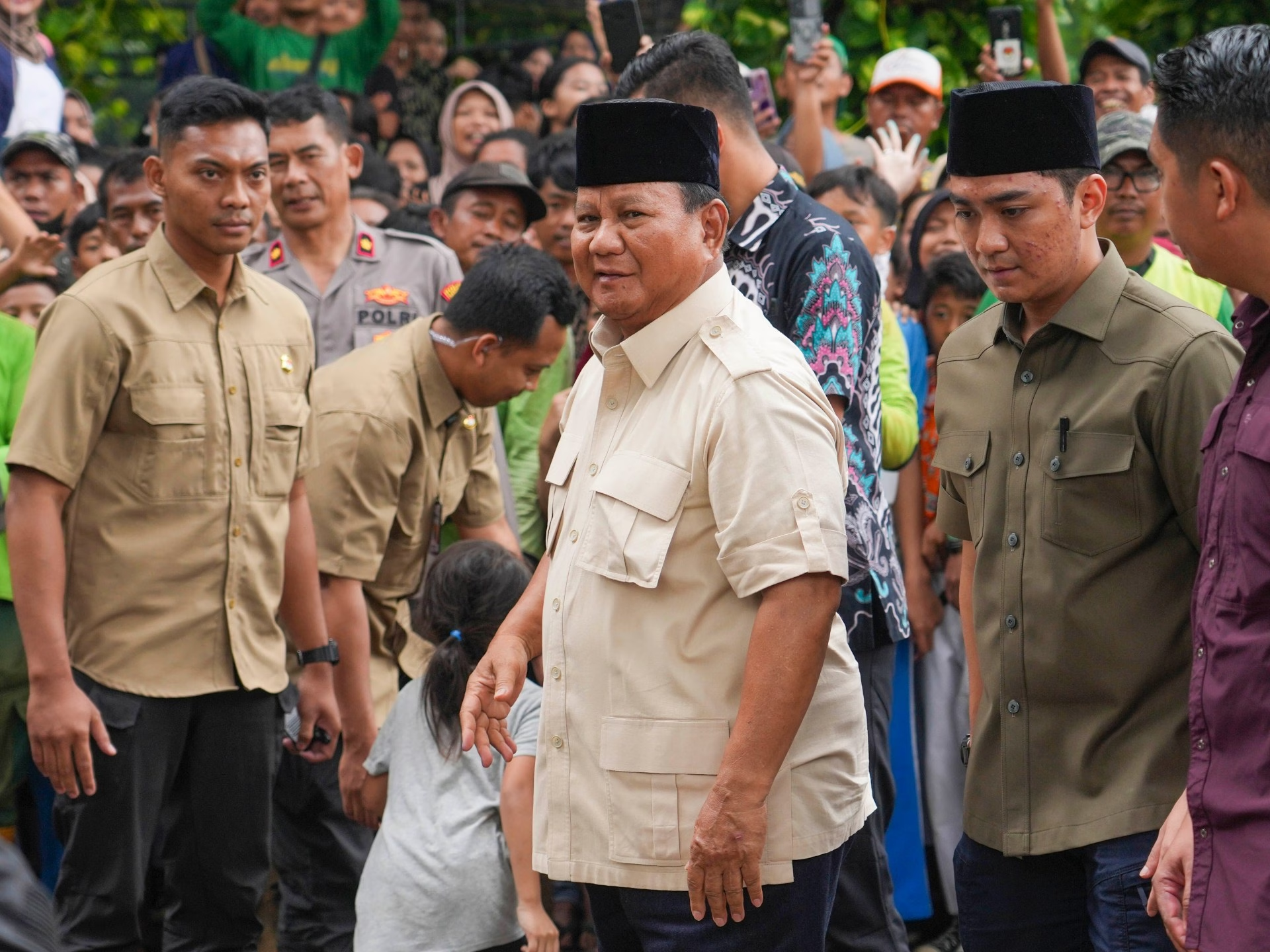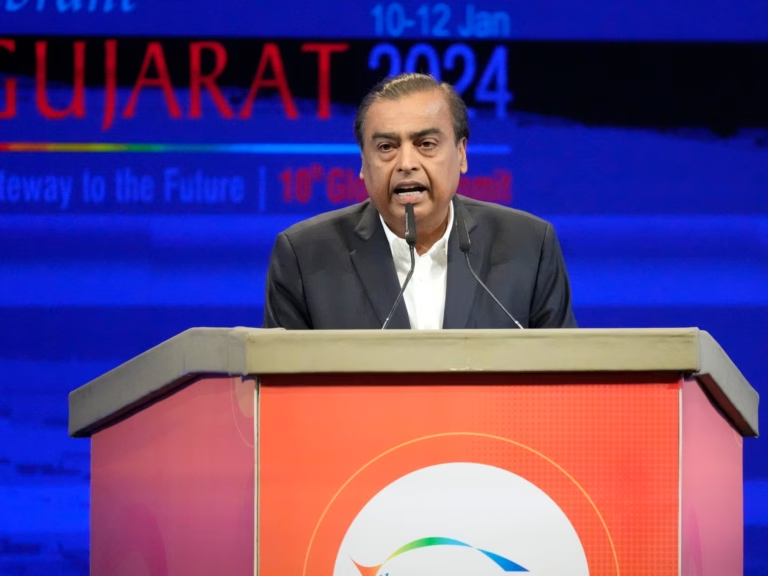Activists in the world’s third-largest democracy express concerns that revisions to the law could potentially bring about a return to military rule.
Indonesia’s parliament has approved a controversial law enabling military members to assume more government positions, despite objections that it may expand the armed forces’ involvement in civilian matters.
Thursday’s amendment to the armed forces law, supported by President Prabowo Subianto’s coalition, aims to broaden the military’s responsibilities in a nation historically influenced by its robust armed forces.
Civil society organizations have voiced concern, suggesting the changes could potentially revert Indonesia to the autocratic era under former President Soeharto, where military officials held significant sway in civilian life.
Human rights groups have expressed unease over the increased military participation in public affairs, as they are concerned it may lead to power abuse, human rights violations, and immunities for army members.
Members of various democracy groups have announced plans to hold protests in Jakarta, Indonesia’s capital. A small group of students even camped out behind the parliamentary building on Wednesday night in opposition to the law before being removed.
President Subianto, who took office in October and previously led special forces under Soeharto, has been expanding the armed forces’ role beyond traditional military realms, including his initiative of providing free meals to children.
The law aims to address ‘nonconventional conflicts’
Defense Minister Sjafrie Sjamsoeddin stated that the amendment was necessary because “geopolitical shifts and advancements in global military technology compel the military to adapt to tackle conventional and nonconventional conflicts.”
Under the previous military law, officers were permitted to serve in up to 10 government agencies. The revised law now allows military officers to serve in 14 state institutions.
In addition to extending the range of civilian roles that officers can occupy, which now includes positions such as the attorney general’s office, state secretariat, and counterterrorism agency, the new law also increases the retirement age for serving officers.
“President Prabowo seems determined to reinstate the Indonesian military’s role in civilian affairs, which was previously marked by widespread abuses and impunity,” said Andreas Harsono, a senior Indonesia researcher at Human Rights Watch, in a statement.
“The government’s swift push to enact these amendments undermines its stated dedication to human rights and accountability,” Harsono added.







